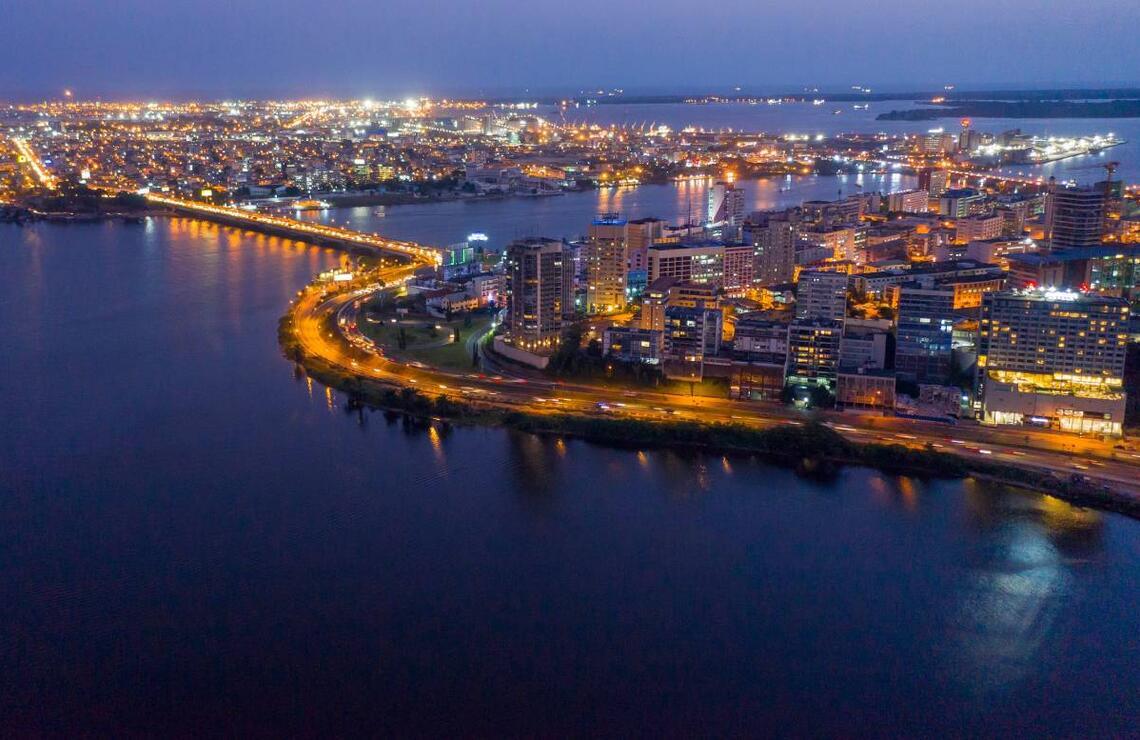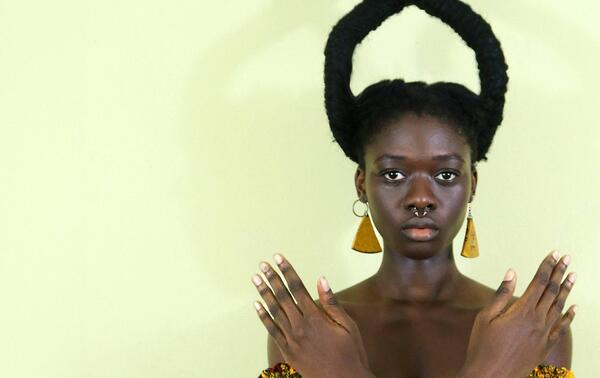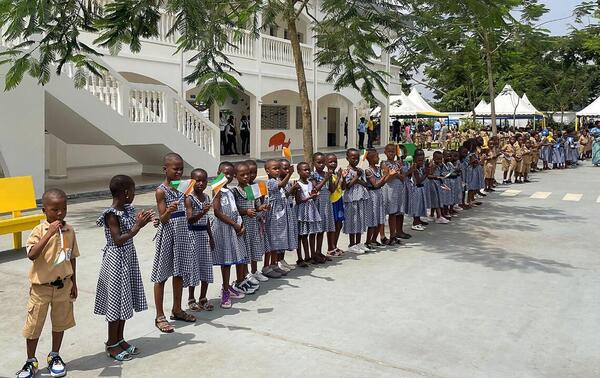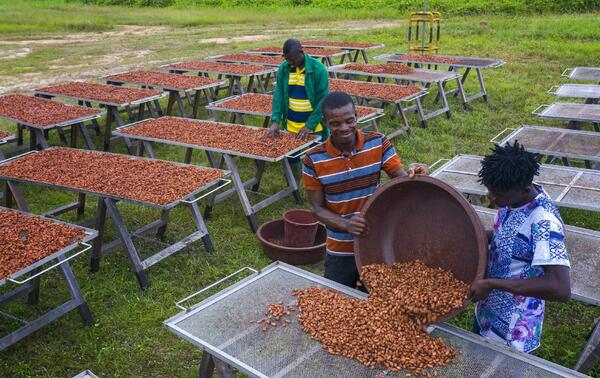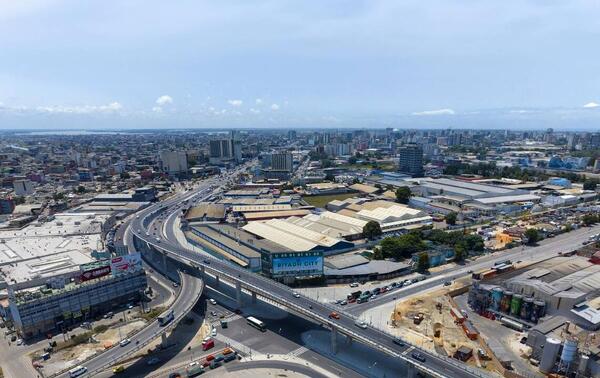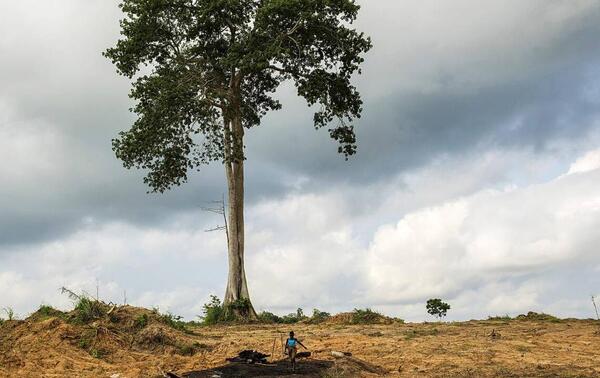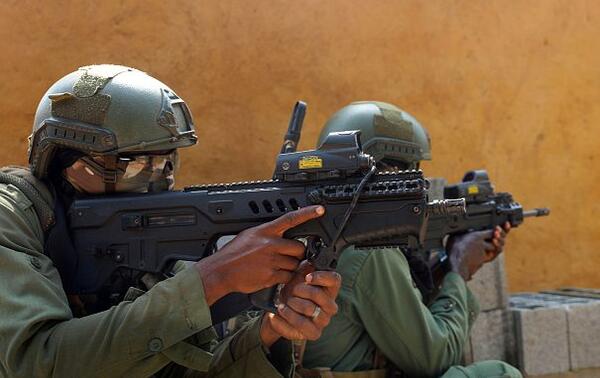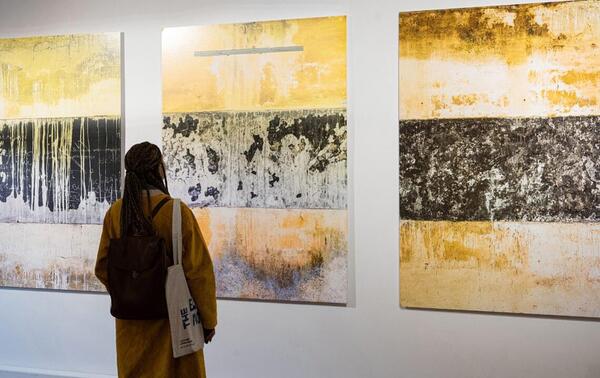That is Côte d'Ivoire!
Numbering close to 15 million, women make up just less than half of the country's population (47.8% according to the latest census). And they are the beating heart of the country's emerging economy, the lifeblood of informal trade, accounting for nearly 70% of small businesses and serving as the backbone of vibrant markets from Abidjan to Korhogo.
Ivorians under the age of 35, the architects of the future, represent 75% of the population. And nearly 40% are under the age of 15. That's a total of 22 million citizens – an impressive figure.
The country's history is brutal. It has come a long way from a period that some people, especially younger citizens, did not experience.
Agriculture accounts for 20% of Côte d'Ivoire's GDP and employs more than half of the working population. The country is the world's leading exporter of cocoa, with an annual production of 2 million tonnes, and cashews, at 900,000 tonnes per year.
Thinking big has become a hallmark of Côte d'Ivoire. Construction, building on a grand scale, transforming the landscape, erecting bridges and towers. The tradition dates back to founding president Félix Houphouët-Boigny, who was keen to showcase the country's ambition.
The country is on the front line of climate change. Seasonal shifts, flooding, drought... Adaptation is essential, and fast.
A sense of normality and security is one of the keys to Côte d'Ivoire's renaissance. Internal security, with the normalisation of travel, transport, trade and family life.
For Côte d'Ivoire, the 2024 CAN, the African Cup of Nations, ‘the most beautiful in history,’ was a huge operation of national pride, sporting success (with a national team that produced one of the most spectacular comebacks in the history of contemporary football) and a global exercise in soft power.
For several years now, Abidjan has been establishing itself as a hub for artistic creation and cultural influence. Aya de Yopougon, a cult saga by Marguerite Abouet that has been adapted for the cinema, opened a window onto everyday life in Côte d'Ivoire and its slang, Nouchi.
